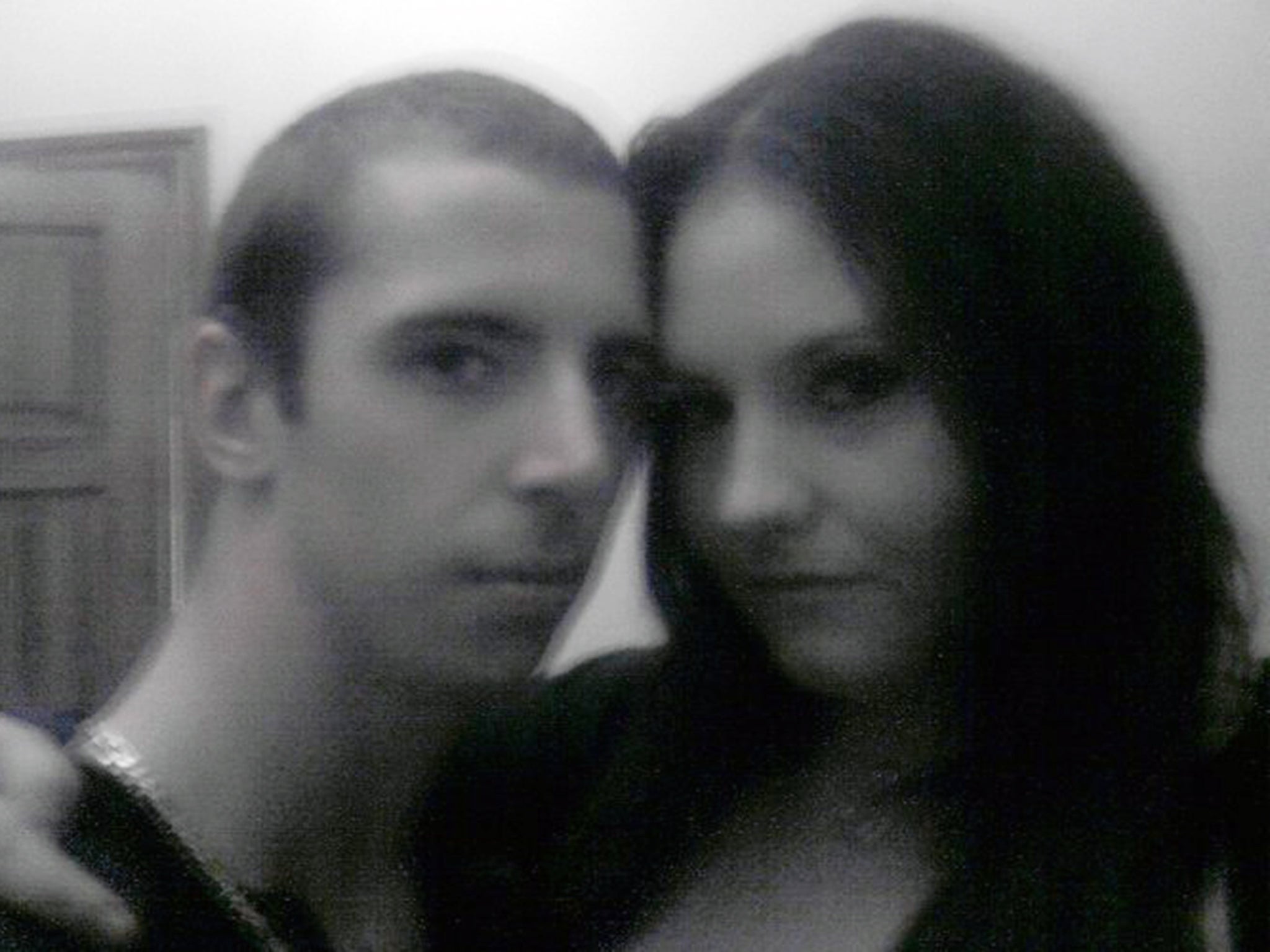Couple wrongly accused of abuse ‘unlikely to see their child again’
Lawyers believe it is unlikely the adoption of Karrissa Cox and Richard Carter's child will be overturned by a court as such rulings are usually final

A couple whose baby was adopted after they were wrongly accused of abuse are unlikely to ever see the child again despite being cleared, their lawyer has said.
Three years ago, Karrissa Cox and Richard Carter, from Guildford, Surrey, took the then six-week-old infant to accident and emergency after noticing bleeding in the baby’s mouth following a feed.
Bruises and what were thought to be fractures were noticed by hospital staff and a few days later the couple were charged with child cruelty and the baby was taken into care.
However, the criminal case against the couple collapsed at Guildford Crown Court after new medical evidence showed there were no signs of abuse.
Mr Carter, a former soldier, and Ms Cox, both 25, now plan to try to win custody of their child back. “We took our child to the hospital seeking help and they stole our baby from us,” Ms Cox said.
However their lawyers believe it is unlikely the adoption – made legal by a Family Court earlier this year – will be overturned by a court as such rulings are usually final.
Michael Turner QC, of Garden Court Chambers in London, said: “These innocent parents have been spared a criminal conviction and a prison sentence for a crime they never committed.
“Their life sentence is that they are likely never to see their baby again.”
Despite the low chance of success, the couple, who stayed together despite both being accused of abusing their child, vowed to fight on to reclaim their child. Ms Cox told The Independent: “I feel completely let down by the system, well and truly let down. It’s been a long three years trying to battle this and we’re going to fight to try to get our child back.”
They had been accused of either causing injuries to the child or knowing about them without raising the alarm.
But Ms Cox said that despite the allegations she and Mr Carter had never doubted one another.
“It was very emotional but we were always together,” she said. “I didn’t think he had done anything and he knew I didn’t do anything and we’ve proved that.”
The couple were allowed supervised contact with their child until about a year ago.
Ms Cox described the toddler, whose gender cannot be revealed because of reporting restrictions by the court, as “bubbly and bright”. “[The child] said mummy and daddy quite a lot and used to get upset when it was time for contact to finish,” she said.
“[The child] wouldn’t want to be put back in the car and would cling on, hold on to me. We’d love to have our child back home with us where [the child] belongs.”
But she feared that with the passage of time, the emotional bond between them might not have remained. “I cannot expect that,” Ms Cox said.
The baby was the couple’s first child and they have not had another. Any child would have been taken into care because of the allegations. Ms Cox said: “It’s really put me off having more children in case this happens again.”
She said that if their appeal against the adoption ruling was unsuccessful because of the current laws, she would try to persuade politicians to pass new legislation to take situations like theirs into account.
The baby was taken into care after hospital staff noticed minor bruises and an X-ray revealed what were thought to be healing metaphyseal fractures – damage to a piece of cartilage that turns into bone on adulthood which can be a sign of physical abuse of a child.
However, it was later discovered that the child was suffering from a blood disorder, Von Willebrands II, which causes someone to bruise more easily, and a vitamin D deficiency that causes infantile rickets. An expert radiologist, commissioned by the prosecution, also gave evidence on Tuesday that it was unlikely there had actually been any fractures in the first place.
Lawyers for the couple said Ms Cox and Mr Carter had been refused legal aid to fight the adoption in the Family Court and criticised the decision to finalise adoption before the criminal court had made its ruling.
Defence lawyer Emma Fenn said: “This tragic case highlights the real dangers of the Government’s drive to increase adoption and speed up family proceedings at all costs”.
A Crown Prosecution Service spokesman said the criminal case was brought after “expert medical evidence which supported the original charges of cruelty”.
“The case was then reviewed following new medical evidence which concluded that there was no longer a realistic prospect of conviction on any of the charges,” he added.
A Surrey County Council spokesman told the BBC: “With any case like this, we only have one thing in mind and that’s the welfare of the child.”
Bookmark popover
Removed from bookmarks